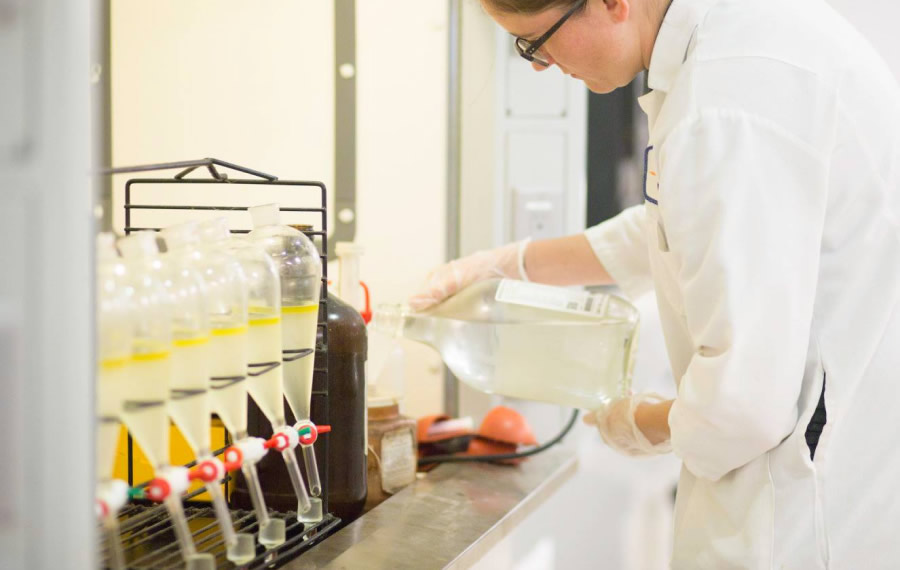Heavy Metals Testing
 Anresco-911
Anresco-911 Although small amounts of certain heavy metals is a necessary requirement for life, heavy metals poisoning (or metal toxicity) can occur due to the ingestion or exposure of contaminated foods, cosmetics, dietary supplements, pet foods, ceramicware, and other everyday products. The majority of products may only possess low levels of heavy metals (if any at all), but overall exposure can add up over time and latent health effects may not appear until many years later. The primary heavy metals commonly associated with poisoning are arsenic, cadmium, lead, and mercury. Some products are inherently prone to hyperaccumulate particular heavy metals (e.g. mercury in fish, arsenic in rice) and should be monitored to ensure safety for consumers.
Comprehensive Heavy Metals Testing Solutions
Anresco Laboratories offers a wide array of heavy metals testing utilizing ICP-MS, Atomic Absorption
Spectroscopy (AAS), and other equivalent recognized methods.
- Aluminum
- Heavy Metals Screen, ICP/MS
- Molybdenum
- Antimony (ICP-MS)
- Iron
- Nickel (ICP-MS)
- Arsenic (ICP-MS)
- Inorganic Arsenic
- Phosphorus (AOAC 986.24)
- Barium (ICP-MS)
- Iodine (> 1 ppm) {ISE 992.24}
- Potassium
- Cadmium (foods, ceramic
ware – ICP-MS) - Lead (foods, non-foods , ceramic ware – ICP-MS)
- Selenium (Hydride generation)
- Calcium
- Magnesium
- Silver
- Chlorides (titration)
- Manganese
- Sodium
- Chromium (ICP-MS)
- Mercury (ICP-MS)
- Sulfites / Sulfur Dioxide
(Monier-Williams) - Copper (ICP-MS)
- Methyl Mercury
- Tin
- Heavy Metals Limit Test,
FCC or USP as lead - Mineral Package (Ca, Fe, Mg, Mn, Na, K, Zn)
- Zinc